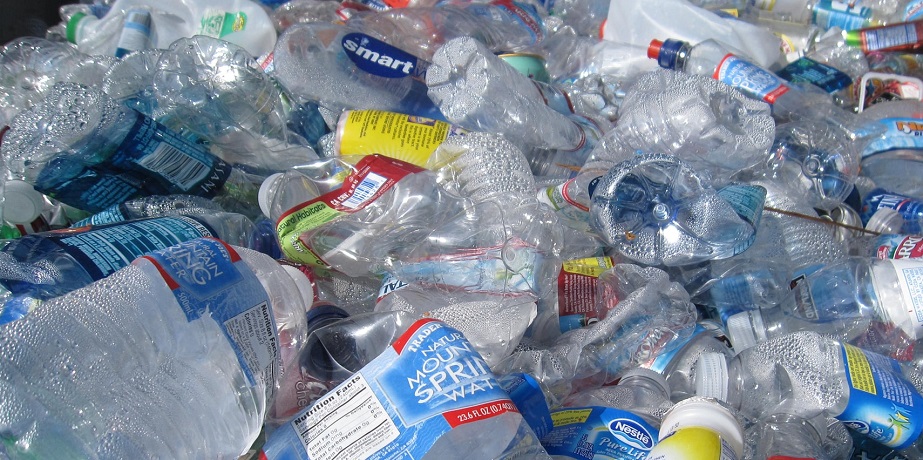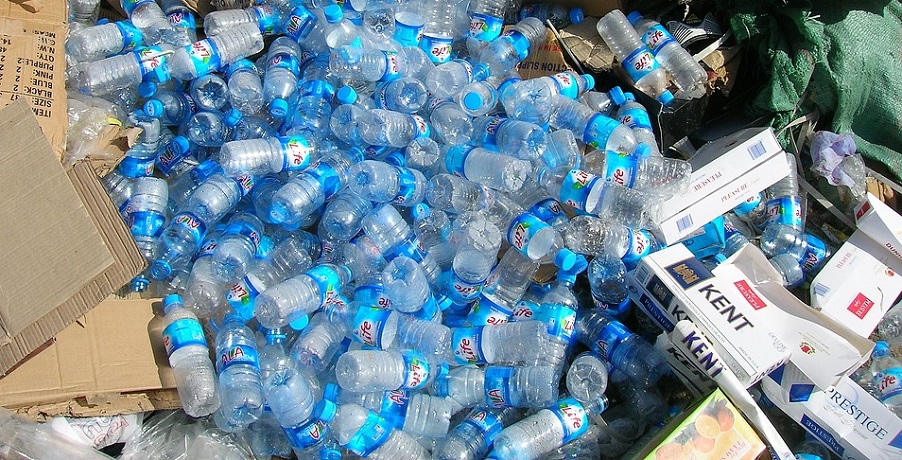
Chemical recycling causes too much carbon loss to be the plastic solution
June 19, 2020The world is still working to try to do something with the overabundance of plastics.
Chemical recycling isn’t the solution the world has been looking for to overcome the plastic crisis and it poses an environmental health risk, says a new report.
The process of upgrading the oil or gas outputs causes over half of the plastic’s carbon to be lost.
The report was titled “Chemical Recycling: Status, Sustainability and Environmental Impacts.” It determined that there were more drawbacks than benefits when it came to this process. This was the case even when taking into consideration the most advanced plastic-to-plastic technologies currently available. Even in that case, the majority of the waste plastic is lost in the process, which means that it cannot be considered to be a closed circle.
Dr. Andrew Neil Rollinson, chemical engineer, specialist in alternative thermal conversion technologies and the author of the report, said in it that “proof of successful status (and failures) remains largely undisclosed outside of laboratory trials, and for the interested party much will be found in theory but little or no substance given to practice.”
As a result, chemical recycling cannot be viewed as the solution to overcoming the plastic crisis.
The term itself makes reference to a number of different kinds of technology that use pressure, heat, catalysts, depleted oxygen and/or solvents to break down plastic into either the base for new plastic or for fuel.
According to the report, several techniques, particularly gasification and pyrolysis, release toxic substances. These include cadmium, bisphenol-A, lead, benzene, antimony, brominated compounds, phthalates, tin, and volatile organic compounds (VOCs).
The report concluded that as a result, the use of this technology in a regulatory and economic sense, could be compared with that of existing petrochemical facilities. “This will further increase the environmental health impacts on communities that are already subject to disproportionate, cumulative environmental burdens.”
Other problems with chemical recycling arise with respect to the process viability. Those opposed to its use have voiced concerns over the fact that mixed plastic polymers or black  plastic aren’t appropriate and today’s market conditions make it very challenging to rival newly made plastic.
plastic aren’t appropriate and today’s market conditions make it very challenging to rival newly made plastic.



 With over 15 years of reporting hydrogen news, we are your premier source for the latest updates and insights in hydrogen and renewable energy.
With over 15 years of reporting hydrogen news, we are your premier source for the latest updates and insights in hydrogen and renewable energy.